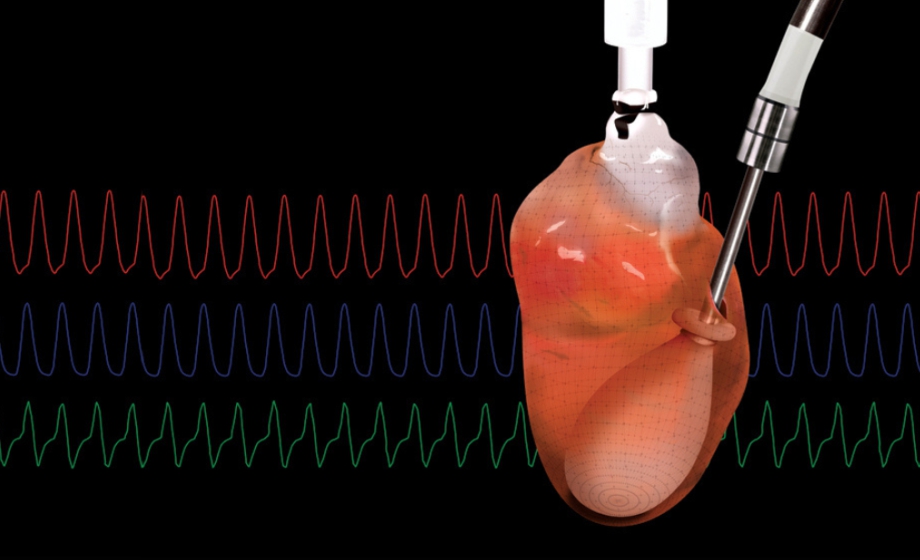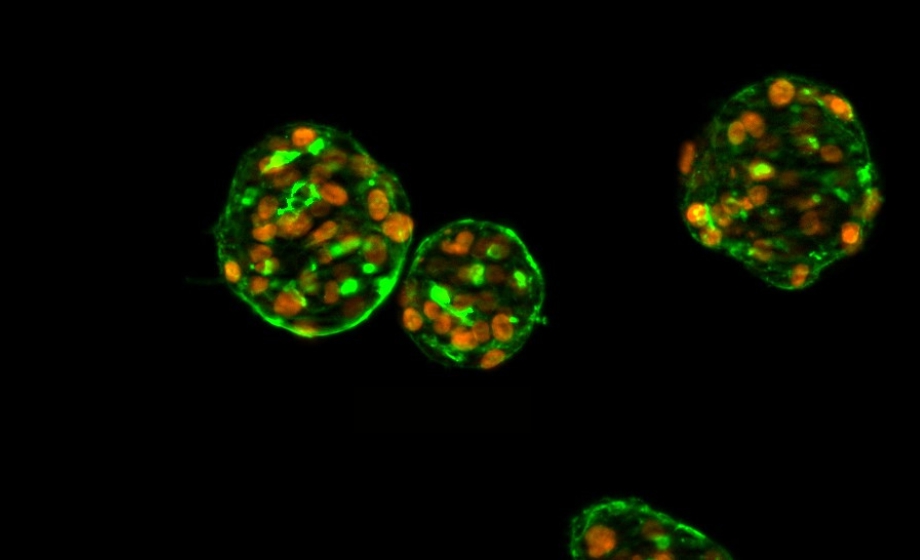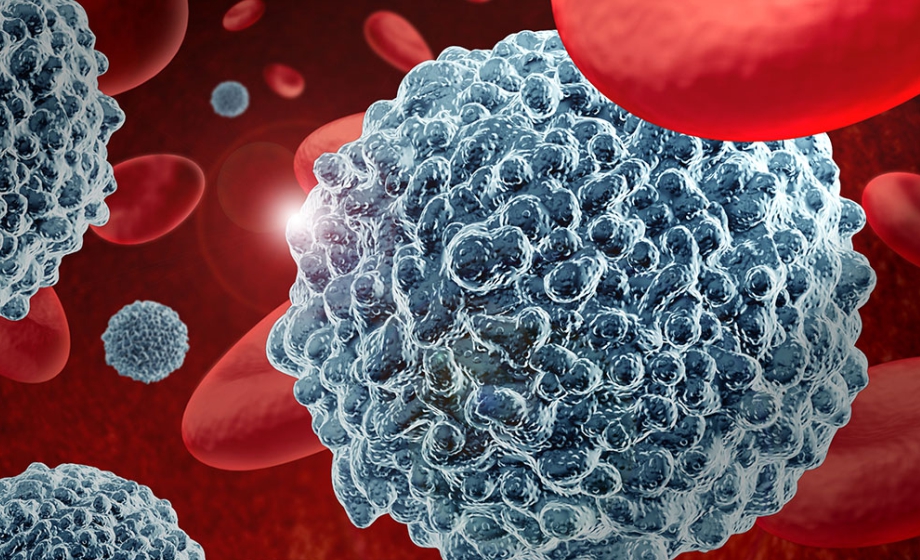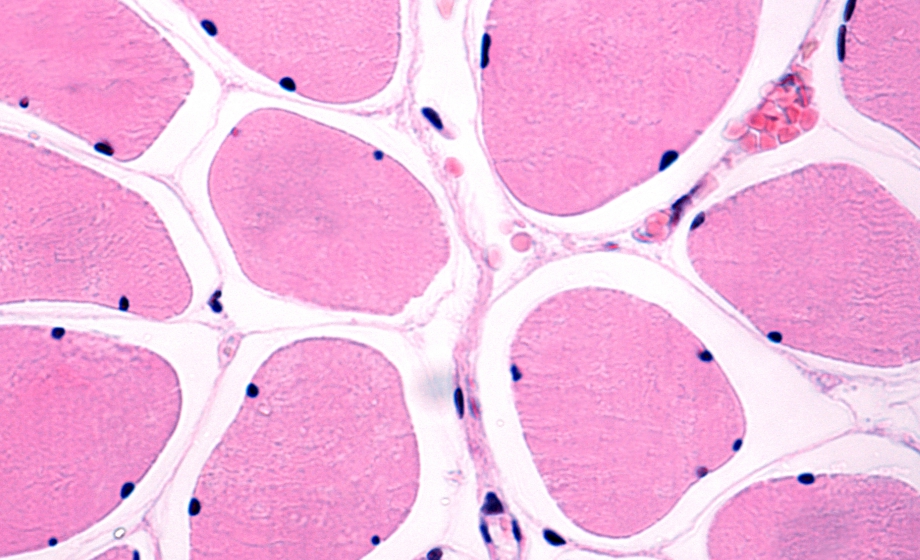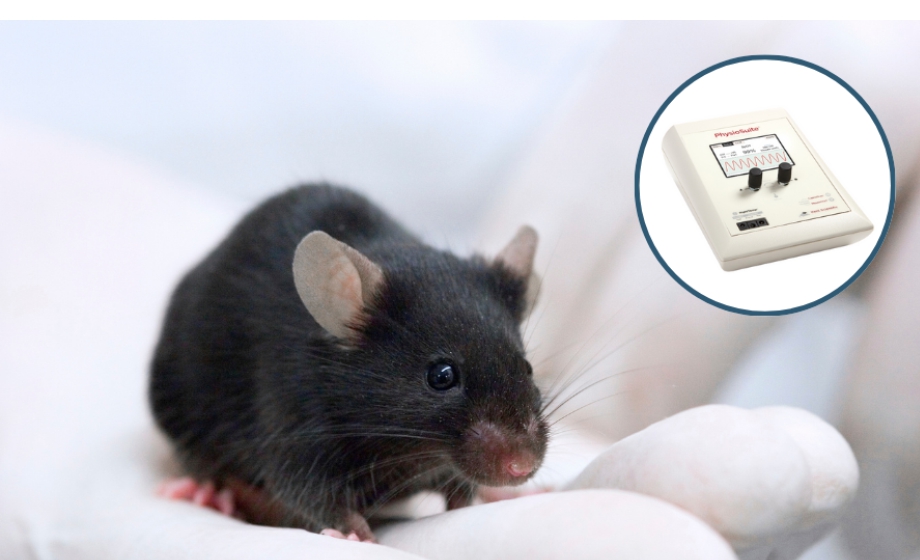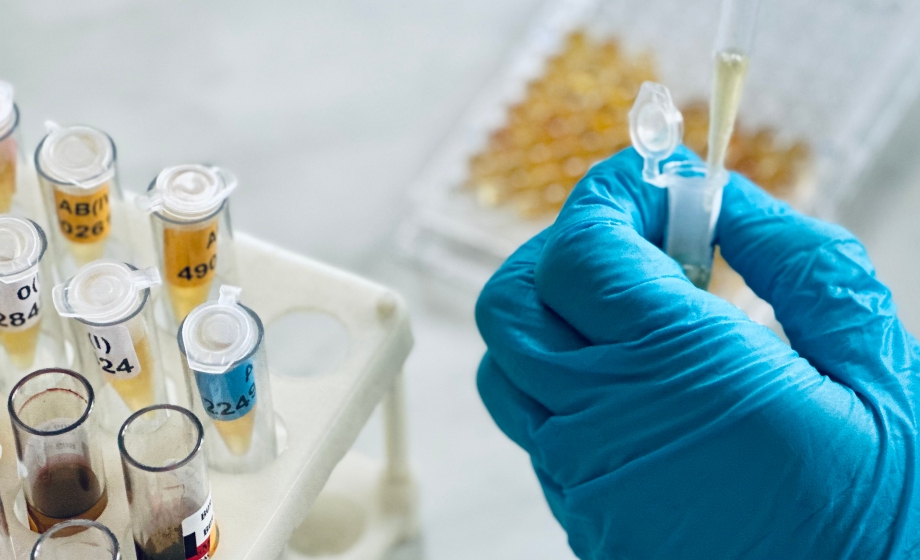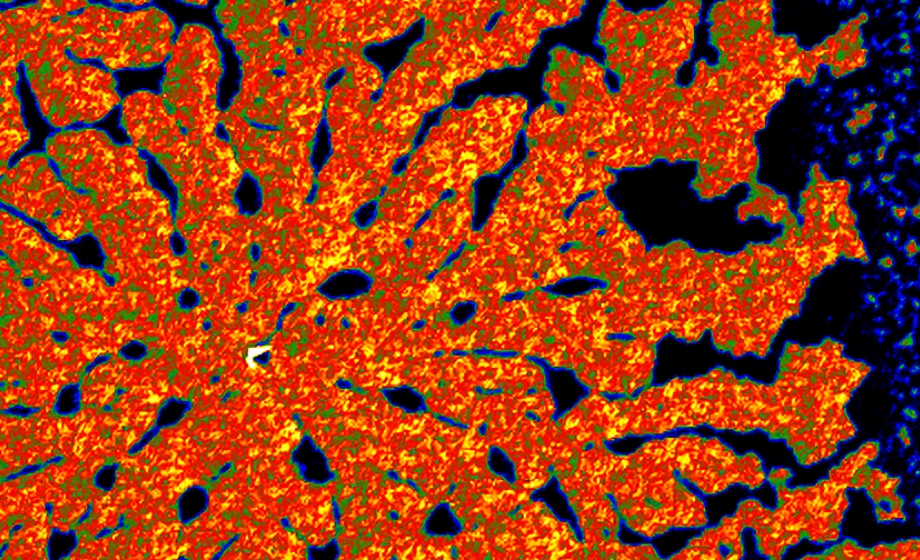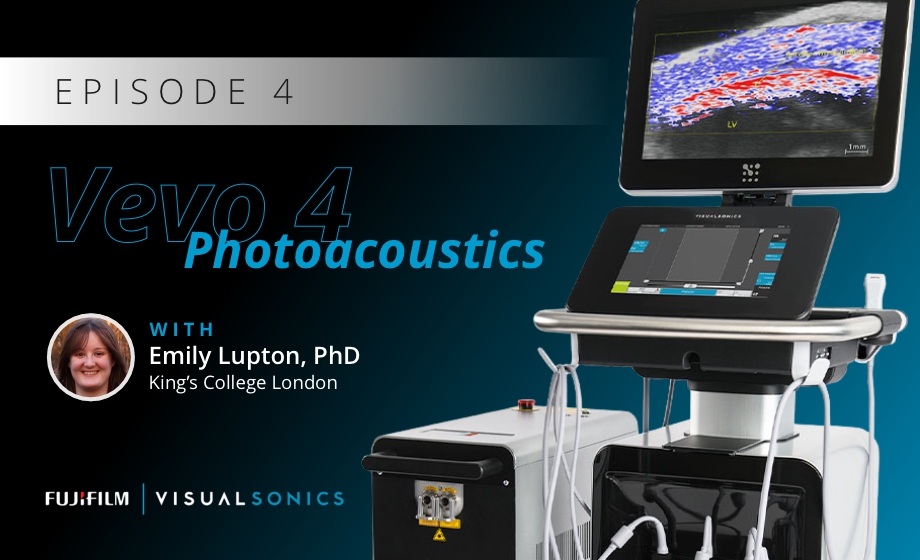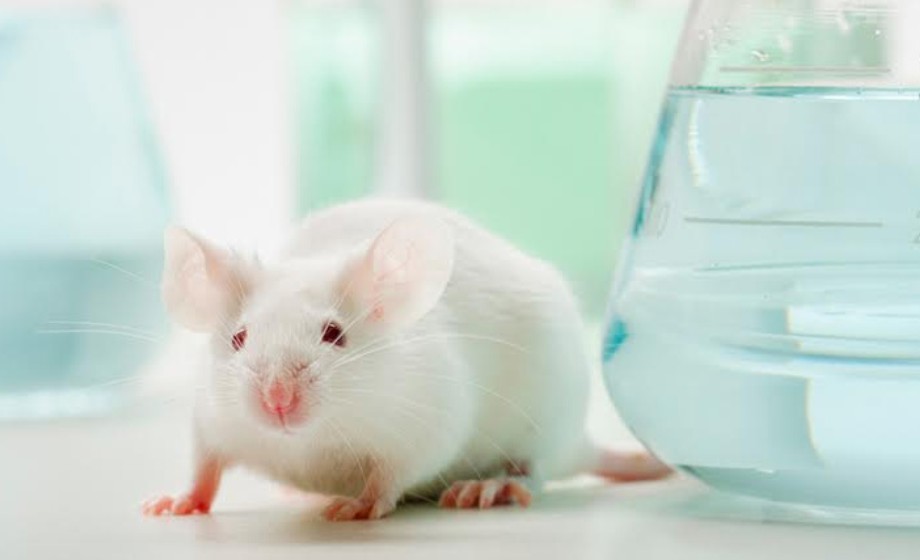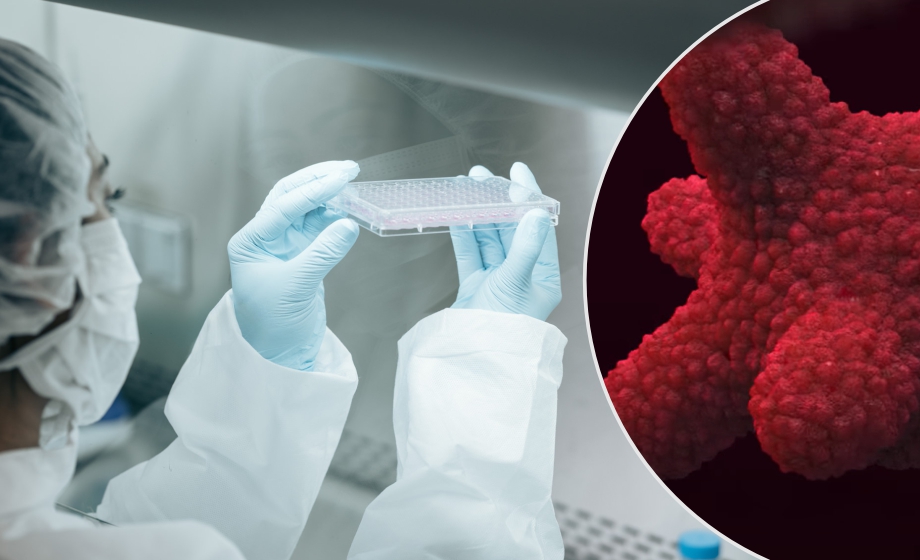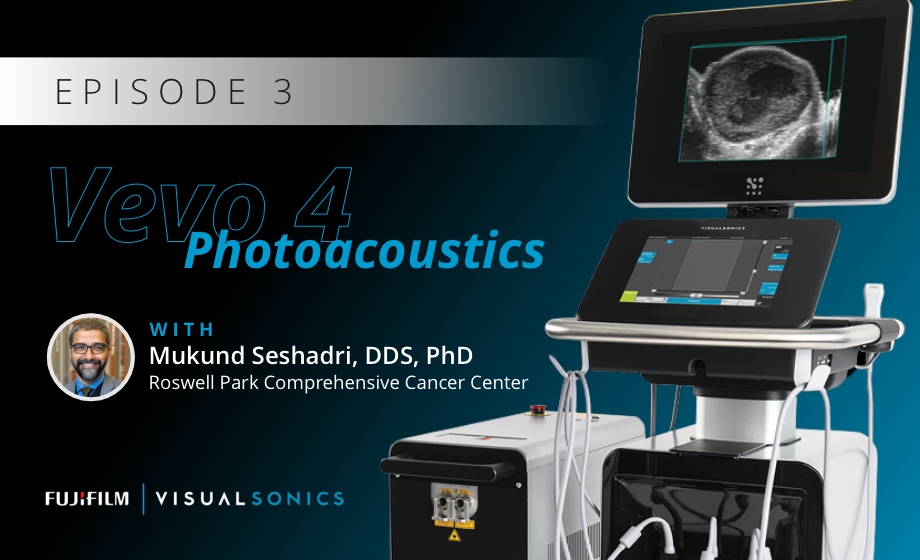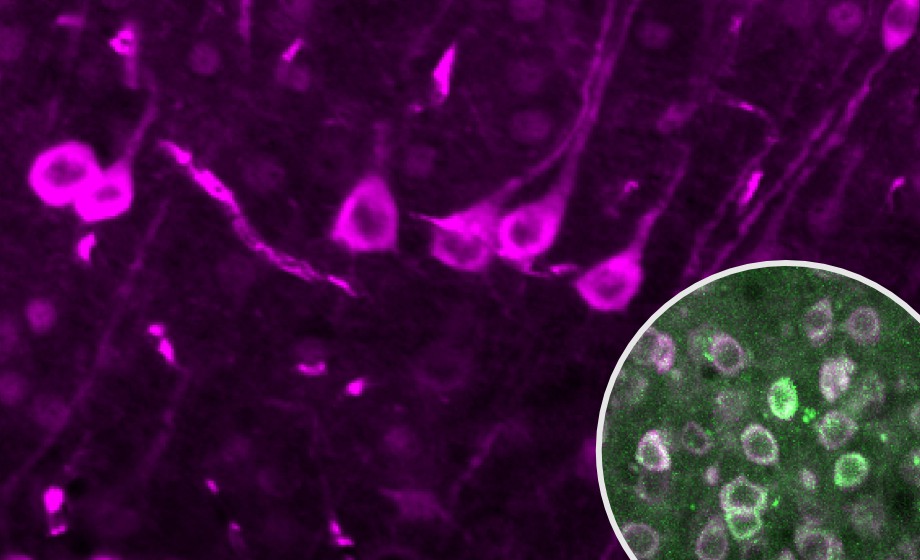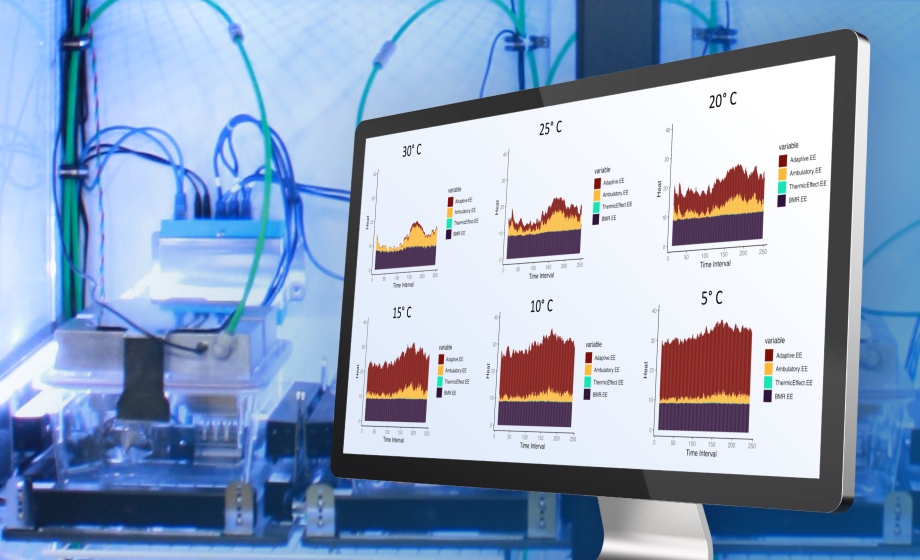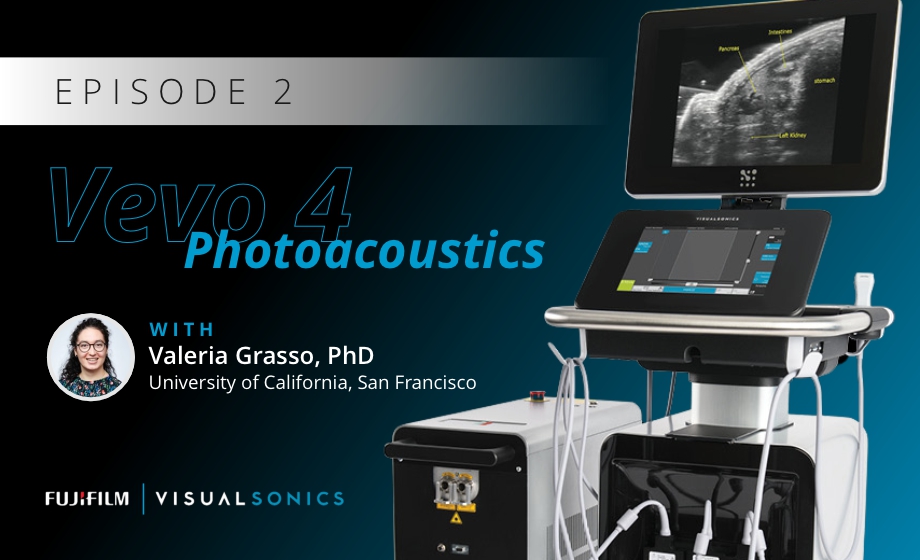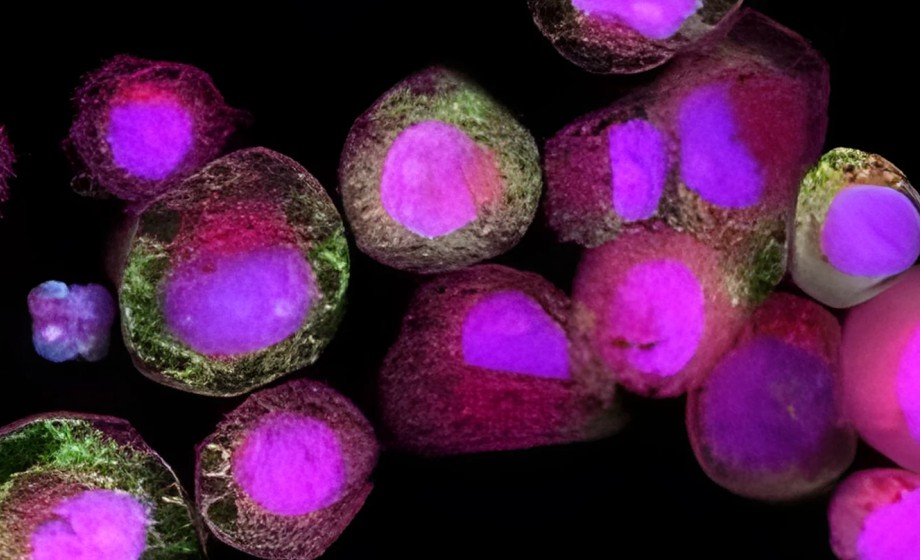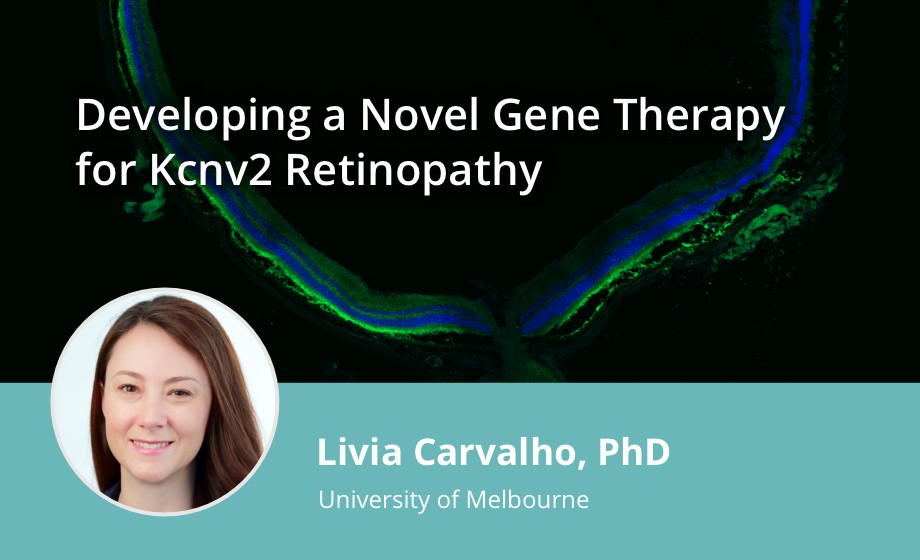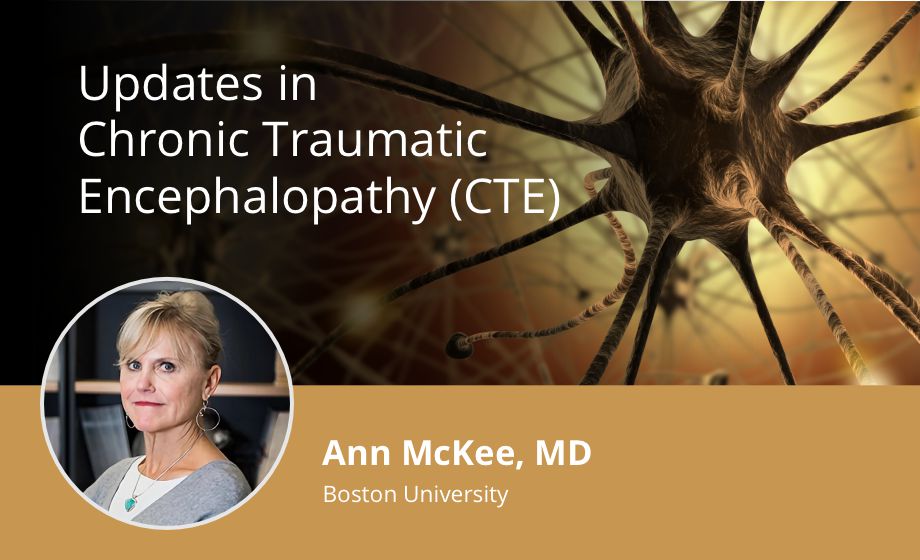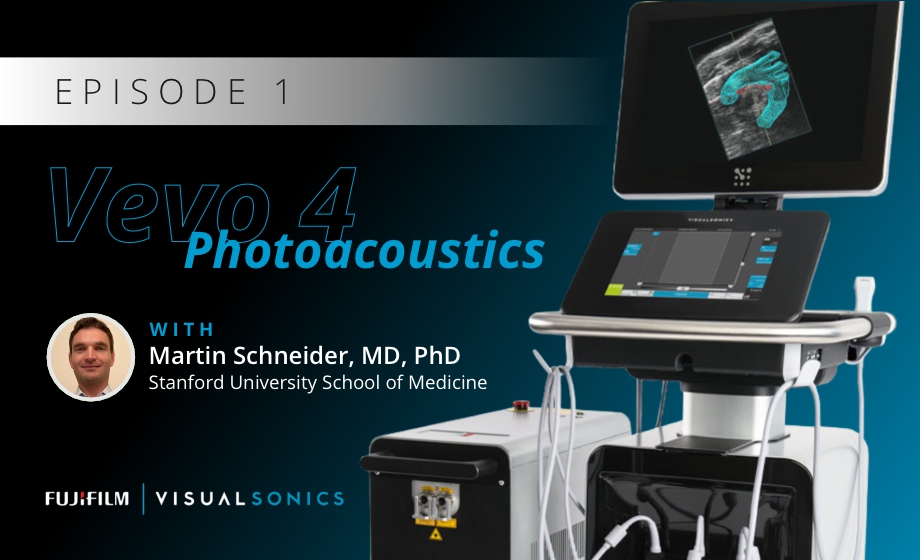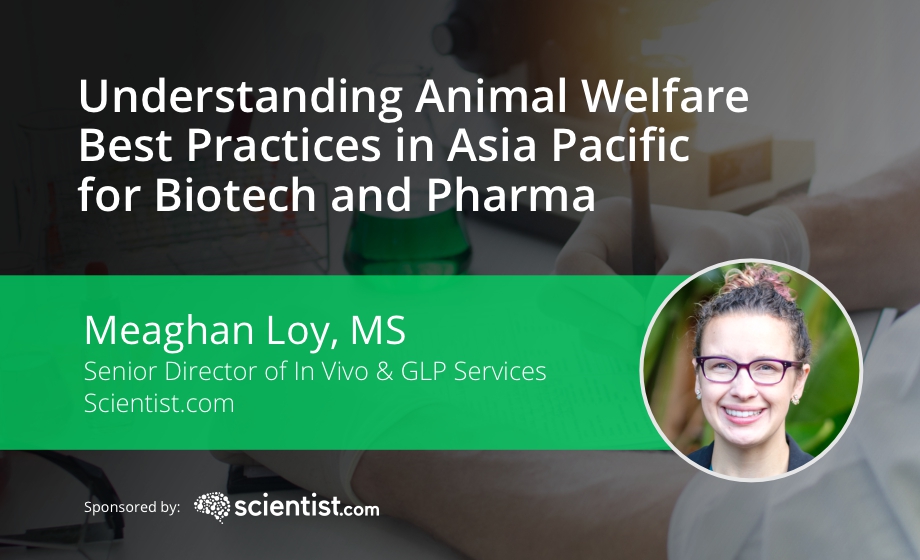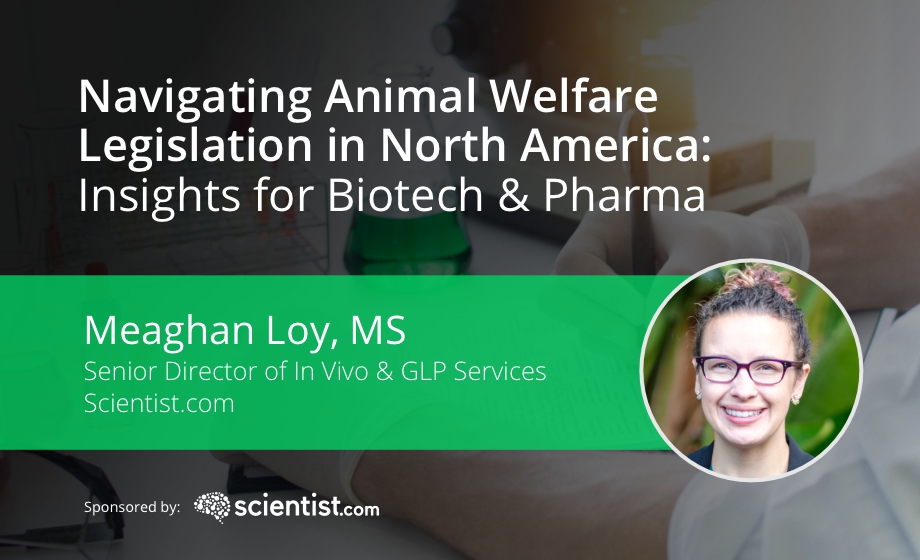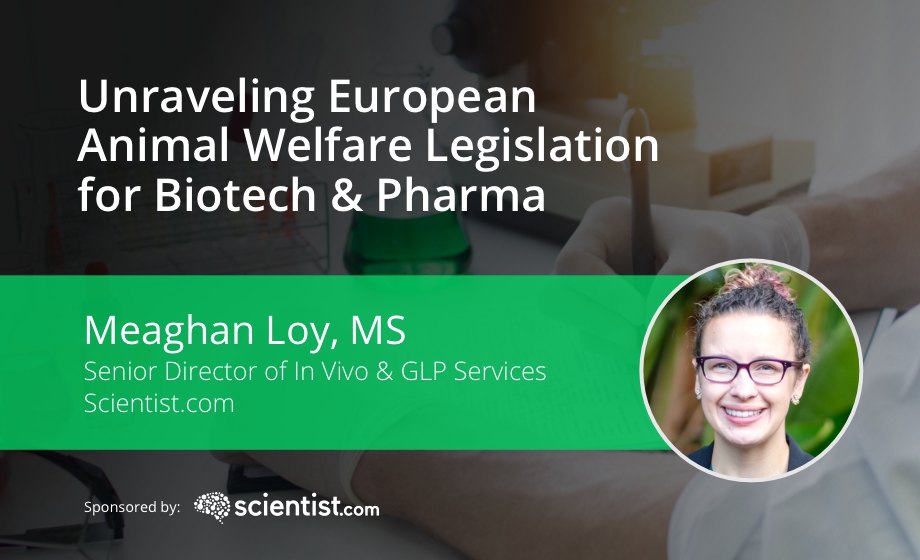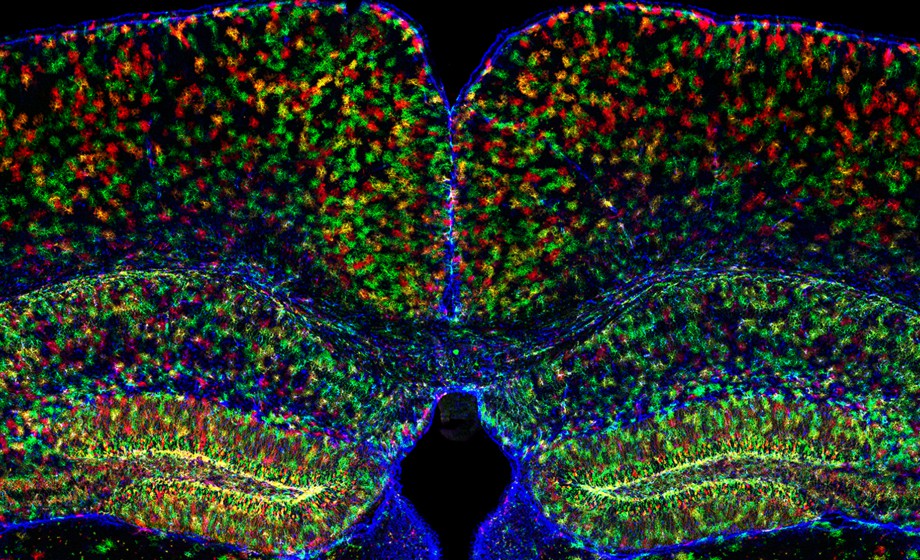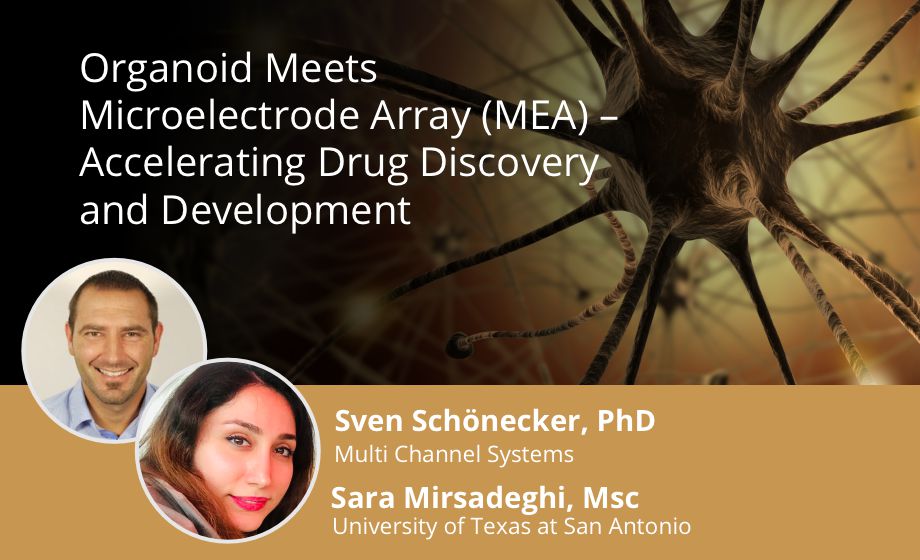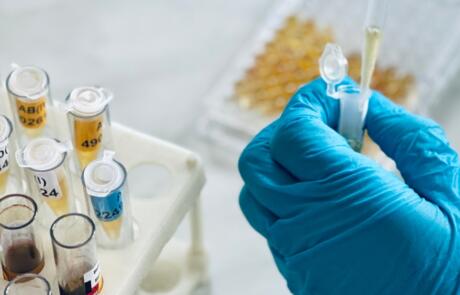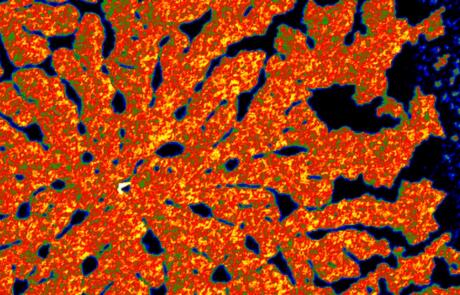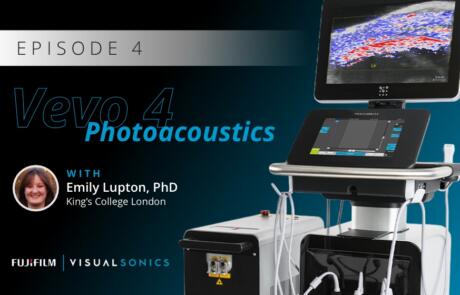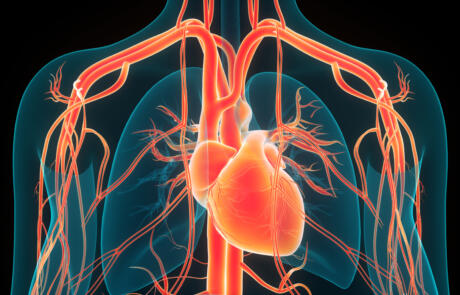Getting to the Heart of Cardiovascular Research: From Yesterday to Today and Looking Towards Tomorrow
Dr. Melanie White presents the various methods for assessing cardiac function in the context of pathology, spanning from in vitro to in vivo techniques, and how she integrates these with cutting-edge mass spectrometry in her research on cardiovascular disease pathogenesis.
Innovative Approaches to Assessing Thyroid Disruption: The 3D Human Thyroid Microtissue Model
Dr. Chad Deisenroth, PhD, from the US EPA, introduces an advanced human in vitro 3D thyroid microtissue model designed to evaluate thyroid hormone disruption, addressing current challenges with existing models.
Discover the Freshness of Frozen PBMCs – An Assessment of Cryopreservation Impact on T Cell Activation and Phenotype
Discover the impact of cryopreservation of PBMCs on T cell activation and phenotype in Lonza’s free webinar.
Molecular Signals Mediating Increases in Muscle Size and Function
In this webinar, Dr. Bert Blaauw elucidates skeletal muscle regulatory pathways and offers approaches to tackle muscle deficits for therapy.
Let’s Get Physiological: Non-Invasive Intraoperative Monitoring Basics
This demo offers an introduction to some more common methods of monitoring, with a focus on offerings from Kent Scientific.
Circulating Nucleosome Quantification (Nu.Q®) Technology for Monitoring Target Engagement and Adverse Events in Oncology Trials
Join us for a comprehensive webinar featuring experts in epigenetics and assay development, focusing on the scientific foundations and applications of Nucleosome Quantification (Nu.Q®) Technology in the realms of drug development and disease monitoring.
Mapping Heterogeneous Interfaces Using Single-Entity Electrochemical Microspectroscopy
Dr. Venky Prabhakaran describes the development of scanning electrochemical microspectroscopy and its application to characterize heterogeneous electrified interfaces.
Photoacoustic Imaging in Angiotensin II Induced Cardiac Hypertrophy Mice
Hear Dr. Emily Lupton on her lab's investigation whether photoacoustic imaging (PAI) could provide novel imaging in the heart after angiotensin-II induced hypertrophy with and without treatment with losartan.
Preclinical Animal Models of IBD, GVHD, and Pulmonary Disease
Join BioModels’ Scientists, Andrew Borkowski, PhD and Nicole Smith, PhD, as they discuss a selection of key preclinical models of inflammatory disease, including models of Inflammatory Bowel Disease (IBD)/colitis, Graft vs Host Disease (GvHD), and pulmonary disease, focusing on the utility of clinically relevant endpoints that create highly translational models of human disease.
Applications of Human Intestinal Organoid Cultures in Drug Discovery
Join STEMCELL TEchnologies' experts as they discuss the use of human intestinal organoid cultures in drug discovery and toxicity testing.
The Translational Utility of Ultrasound and Photoacoustics in Head and Neck Oncology
Dr. Mukund Seshadri presents his interdisciplinary research on developing and evaluating ultrasound and photoacoustic imaging for oral oncology applications, with a focus on the prognostic utility of these methods in assessing treatment responses in head and neck cancer patients.
Spatiotemporal Dynamics of Calcium and Neurotransmitters in Awake Mouse Models of Epilepsy
In this webinar, Dr. Vincent Magloire and Dr. Ken Berglund present their work on the spatiotemporal dynamics of neurotransmitter and calcium imaging during seizure evolution in awake head-fixed mice and models of epilepsy.
Clambake: An Algorithm to Decode Energy Expenditure Data from Metabolic Cages
In this webinar, Dr. Jonathan Brestoff discusses his research on metabolism and a new method to quantify metabolic data known as Clambake.
Functional Ultrasound Neuroimaging: Principles, Applications, & Perspectives
Dr. Mickael Tanter presents his work on functional ultrasound neuroimaging, including an overview and translation to clinical applications.
Superpixel Unmixing Algorithm from Micro to Macro Photoacoustic Imaging of Tissue Components
Dr. Valeria Grasso describes a novel unsupervised Machine-Learning method named Superpixel Photoacoustic Unmixing (SPAX) framework.
Next-Generation Safety Assessment Tools for Advancing In Vivo to In Vitro Translation
In this webinar, Dr. Louis Scott discusses the morph_ONE™ assay, a novel tool for in vitro safety assessment in drug development.
Developing a Novel Gene Therapy for Kcnv2 Retinopathy
Livia Carvalho, PhD discusses her team's successful development of a novel AAV-based gene therapy approach for KCNV2 retinopathy in a Kv8.2 knockout mouse model.
Updates in Chronic Traumatic Encephalopathy (CTE)
Dr. Ann McKee will describe the emergence of chronic traumatic encephalopathy (CTE) as a distinct disease over the past 20 years.
Combined Near Infrared Photoacoustic Imaging and Ultrasound Detects Vulnerable Atherosclerotic Plaque
VisualSonics presents the first episode of their Vevo 4 Photoacoustics Web Series - Combined near infrared photoacoustic imaging and ultrasound detects vulnerable atherosclerotic plaque with Martin Schneider, MD/PhD from Stanford University.
Understanding Animal Welfare Best Practices in Asia Pacific for Biotech & Pharma
In this event, we focus on the Asia Pacific region, uncovering the landscape of animal welfare legislation and its implications for pharmaceutical and biotech players.
Navigating Animal Welfare Legislation in North America: Insights for Biotech & Pharma
Watch as we delve into the nuances of animal welfare legislation in North America, specifically addressing the needs of clients and suppliers in the pharmaceutical and biotech sectors.
Unraveling European Animal Welfare Legislation for Biotech & Pharma
This event illuminates the intricacies of animal welfare legislation, specifically comparing and distinguishing differences between EU, UK, and North American standards.
Calcium Signaling in Neurons and Glia in the Mouse Brain During Exploratory Behavior
In this webinar, Alexey Semyanov, PhD, and Amit Agarwal, PhD, present their work on activity and calcium signaling in neurons, astrocytes, and oligodendrocyte precursor cells (OPCs) during exploratory locomotion behavior in awake and head-fixed mice.
Organoid Meets Microelectrode Array (MEA) – Accelerating Drug Discovery and Development
In this webinar, Dr. Sven Schönecker and Sara Mirsadeghi, MSc, will discuss 3D Mesh Microelectrode Arrays (MEA) including new developments and applications.
How to Better Predict Potential Drug Interactions Early in the Discovery Process
Join our webinar to discover effective strategies for early prediction of drug-drug interactions using in-vitro assays and gene expression studies.
